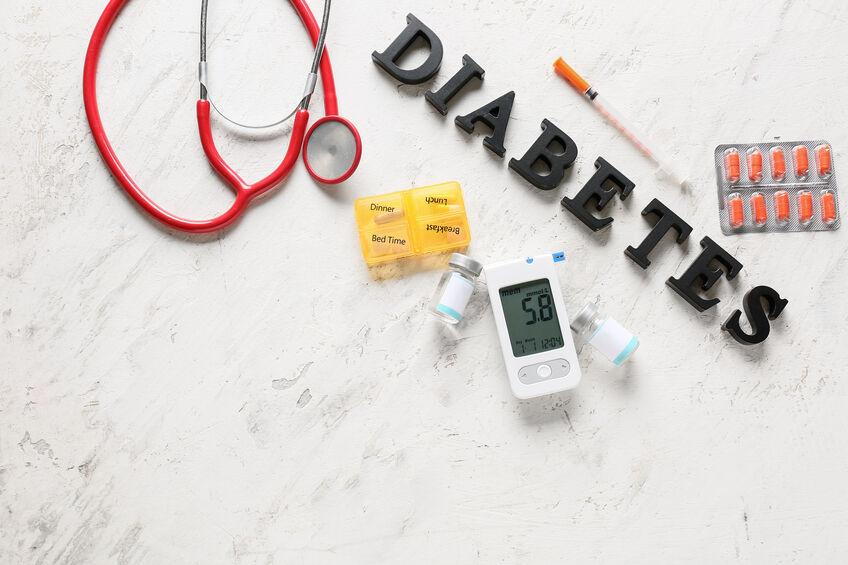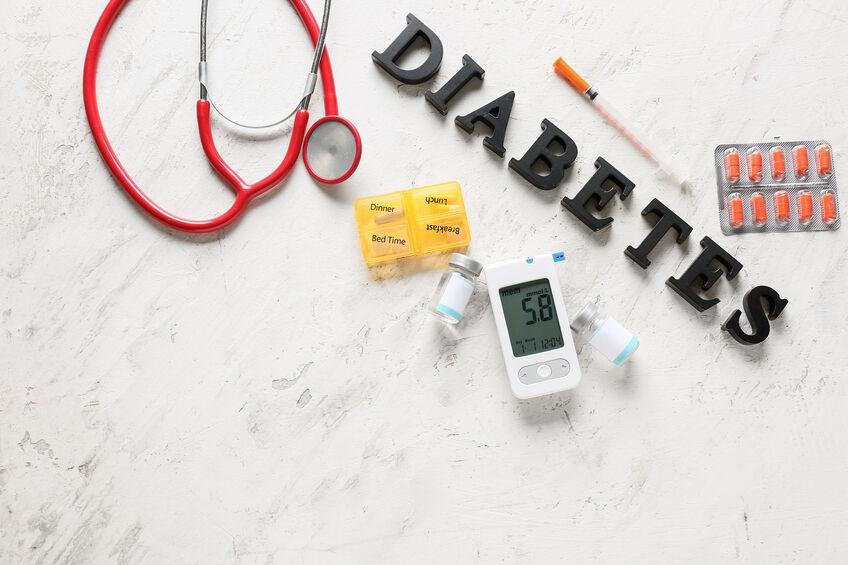
- posted: Mar. 07, 2023
At Feet First Foot Care Specialists, we know many of our diabetic patients suffer from different foot problems during the winter months. Patients that visit our office share that they have been experiencing extra cold feet, numbness in their lower extremities, or even ankle sprains. This week, our team of specialists shares the top diabetic winter weather tips to protect your feet and ankle all season long. 
5 Key Tips To Help You Care For Your Diabetic Feet This Winter
- Wear The Right Shoes. The risk of falls increases during the winter season and is one of the most common causes of weather-related accidents. Falls that occur during the wintertime can have serious consequences, like a broken or sprained ankle. Our specialists recommend wearing low-heeled boots that provide traction support on the slippery ground. Choosing a boot that also provides ankle support, will provide extra support on your winter adventures. – Equally important, choosing to wear boots that protect your feet from the frigid temperatures and wet snow will maximize your protection from the elements.
- Keep Your Feet Dry. If your feet get wet or are damp for extended periods in below freezing temperatures, your feet can get very cold and uncomfortable. Our specialists recommend wearing moisture-wicking socks during the winter season to help feet keep dry internally. In some instances, those who suffer from cold feet can insert foot warmers into their shoes for added warmth. Though, it is always best to consult a doctor before trying anything new. If foot warmers are used incorrectly, they can have adverse effects like burning the skin or even nerve damage.
- Inspect Feet Daily. It is always important to inspect your feet daily. It does not have to be a crazy check list that you dread. Make it work for you! Take off your socks, play your favorite song, and just look at your feet! Do you notice anything different? If so, contact your podiatrist.
- Control Blood Sugar Levels. This is a vital tip for our diabetic patients. It is important to closely monitor and regulate your blood sugar levels. Your feet are often the first places to show diabetes-related symptoms. Our specialists recommend that you keep track of your blood sugar levels to see what makes them go up or down, try to eat meals at regular times, and don't skip any meals. Choose foods lower in calories, saturated fat, trans fat, sugar, and salt.
- Get The Right Help. If you have diabetes and haven’t seen a podiatrist in some time, our specialists recommend visiting with a podiatrist. At Feet First Foot Care, our board-certified podiatrist Dr. Adam Mucinskas is trained to treat a wide range of foot problems, including diabetic foot care. Call our Cromwell, Connecticut office at (860)-632-5499 to schedule a full examination.
Questions or Comments?
We encourage you to contact us whenever you have an interest or concern about our services.
Call Today (860) 632-5499
162 West St Ste K Cromwell, CT 06416






